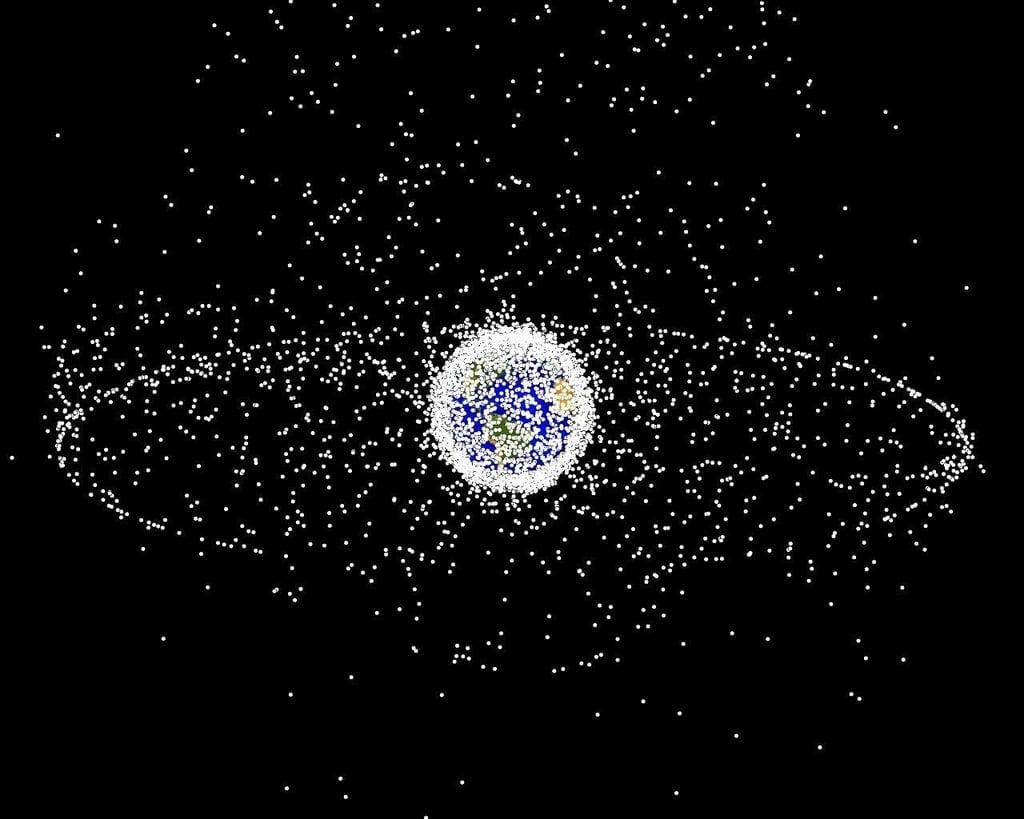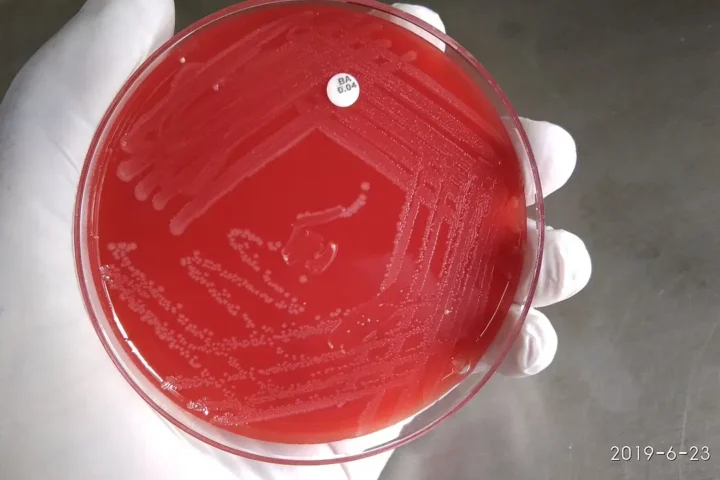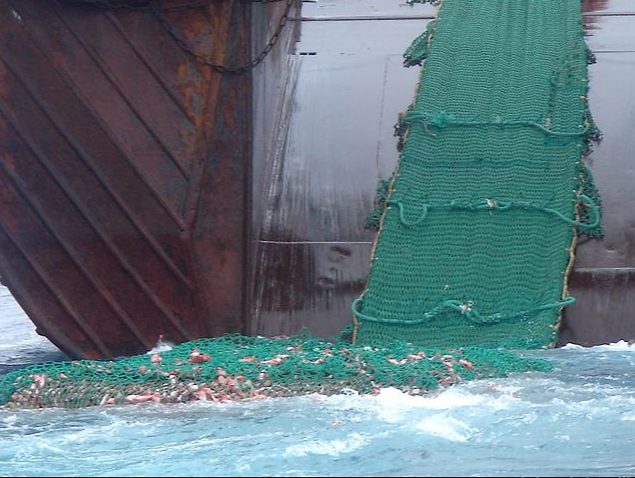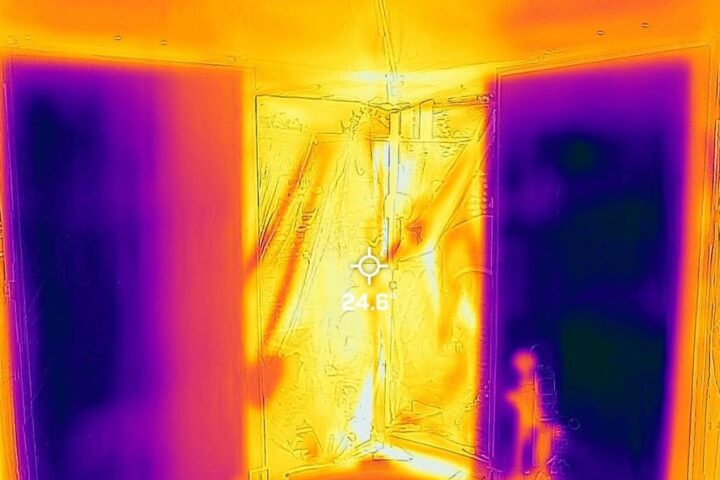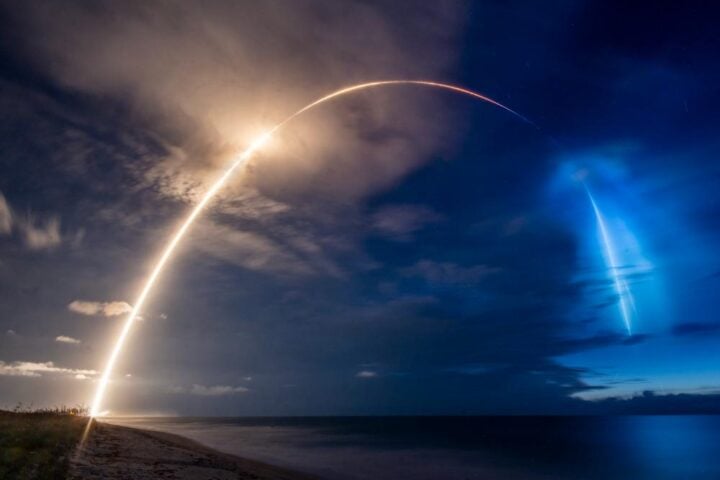The UK Space Agency has launched a £75.6 million tender for the country’s first mission to actively remove dangerous space debris from orbit. This ambitious project aims to tackle the growing problem of space junk by capturing and safely removing two defunct UK-licensed satellites from low Earth orbit by 2028.
The Growing Space Junk Problem
Space around Earth has become increasingly crowded with human-made objects. There are currently more than 54,000 tracked objects larger than 10cm orbiting Earth, along with an estimated 140 million fragments smaller than 1cm. Even tiny pieces of debris can cause serious damage to functioning satellites when traveling at orbital speeds.
“This orbiting junk can collide with vital space infrastructure, including satellite networks that power GPS, weather forecasting and emergency communications,” said Dr. Paul Bate, CEO of the UK Space Agency.
Last year, a defunct Russian satellite broke up into nearly 200 pieces in low Earth orbit, forcing astronauts on the International Space Station to seek shelter in their spacecraft – highlighting the very real dangers posed by space debris.
How the Mission Will Work
The UK’s Active Debris Removal (ADR) mission will deploy a specially designed spacecraft equipped with British-built robotic and autonomous navigation technology. This spacecraft will locate, capture, and safely guide the two defunct satellites into Earth’s atmosphere, where they will burn up harmlessly.
The UK Space Agency is looking for a single supplier to deliver this five-year research and development contract. The mission represents a shift in the agency’s approach, moving from traditional grants to competitive private contracts to stimulate greater private investment and innovation.
Companies Leading the Cleanup Effort
Two companies are at the forefront of the UK’s space debris removal efforts: ClearSpace and Astroscale.
Similar Posts
ClearSpace, a Swiss company with UK operations, has been developing the CLEAR (Clearing the LEO Environment with Active Removal) mission. The company recently completed Phase 2 of mission development, working with partners including Critical Software, Deimos, and the University of Surrey.
Astroscale, a Japanese company with a significant UK presence, has been working on its COSMIC (Cleaning Outer Space Mission through Innovative Capture) program. The company has already demonstrated successful capture technology with its ELSA-d satellite mission in 2021.
Both companies received earlier funding from the UK Space Agency to develop their debris removal technologies, with a combined £4 million awarded in 2022 for mission design work.
Economic Benefits Beyond Cleaner Space
The mission aligns with the UK’s Modern Industrial Strategy 2025 and Advanced Manufacturing Sector Plan, creating high-skilled jobs across the country. The UK’s space sector already employs over 52,000 people and generates nearly £19 billion in annual income from an ecosystem of 1,700 organizations.
“By tackling the growing threat of space debris head-on, we are protecting the infrastructure that supports everything from national security to everyday connectivity whilst also creating high-skilled jobs and securing the UK’s leadership in the growing space economy,” said Sir Chris Bryant, Minister for Space.
The mission will also help advance the field of in-orbit servicing, assembly and manufacturing (ISAM) – performing maintenance and manufacturing operations on satellites while they’re in orbit, extending their lifespan and reducing future debris.
Global Leadership in Space Sustainability
The project supports broader efforts to develop global standards for sustainable space operations, complementing initiatives like the Earth & Space Sustainability Initiative (ESSI).
“This mission is about securing the future of space for everyone, delivering tangible benefits here on Earth, and positioning the UK at the forefront of the in-orbit services market,” said Dr. Bate.

With this mission, the UK is taking a leading role in addressing what experts call the “Kessler Syndrome” – a scenario where collisions between objects generate more debris, creating a cascade effect that could make certain orbits unusable for generations.
As more satellites are launched each year (over 2,780 in 2023 alone), active debris removal has become essential for ensuring the long-term sustainability of space activities and protecting the vital services that modern life depends on.
